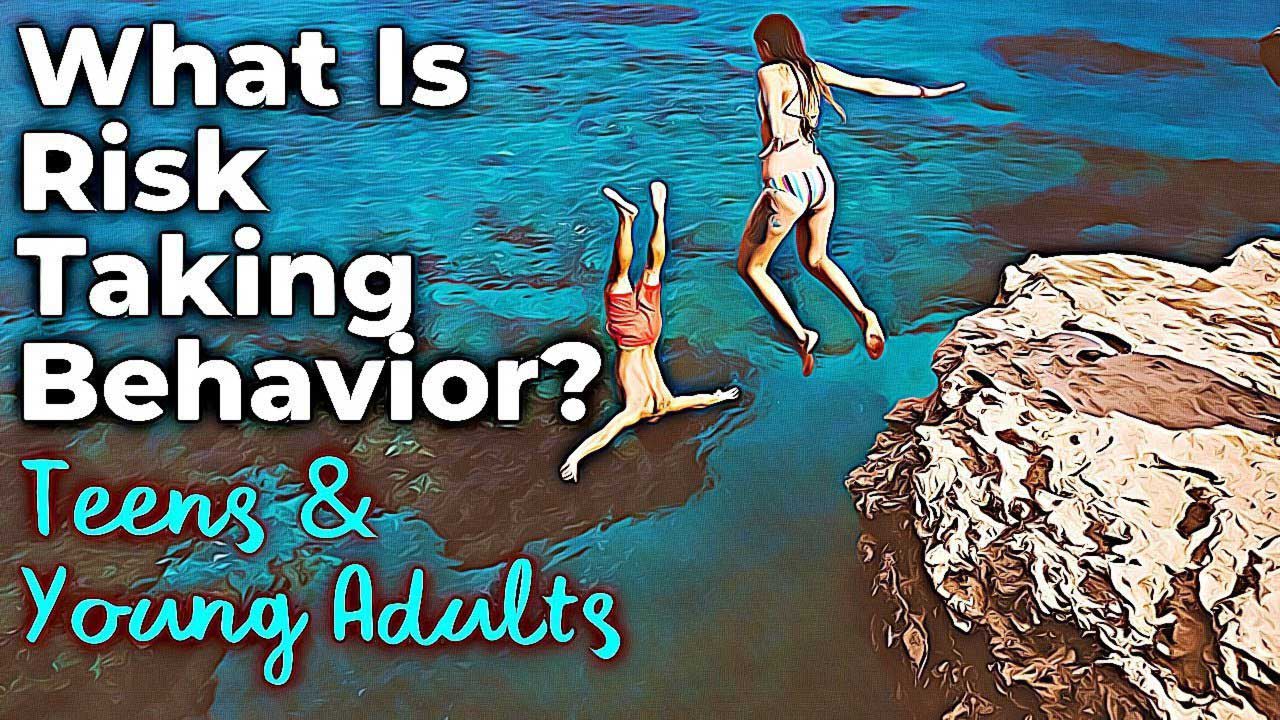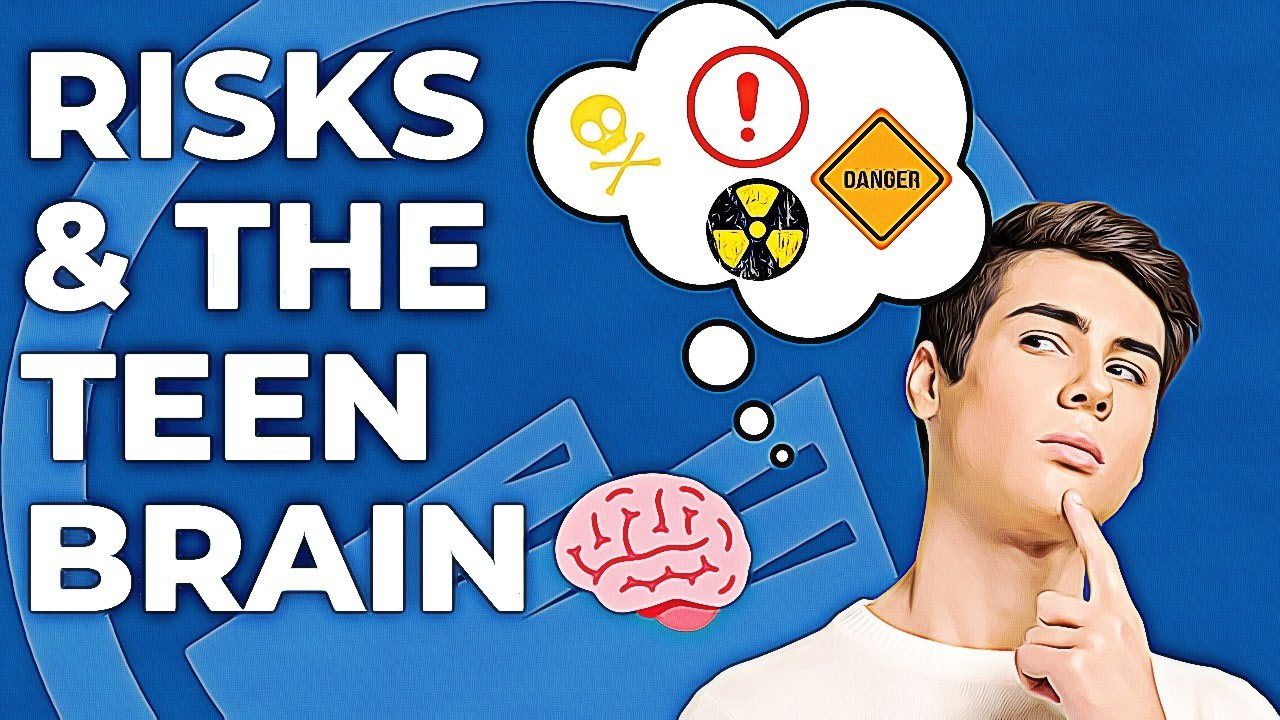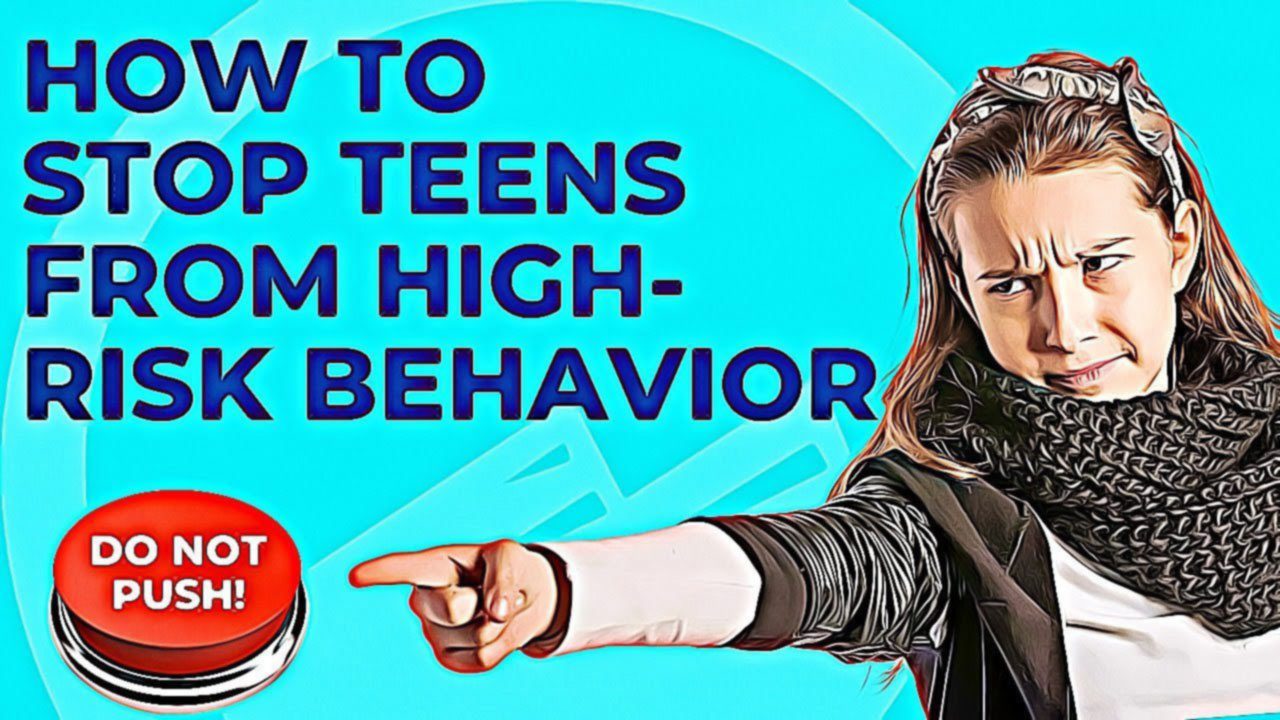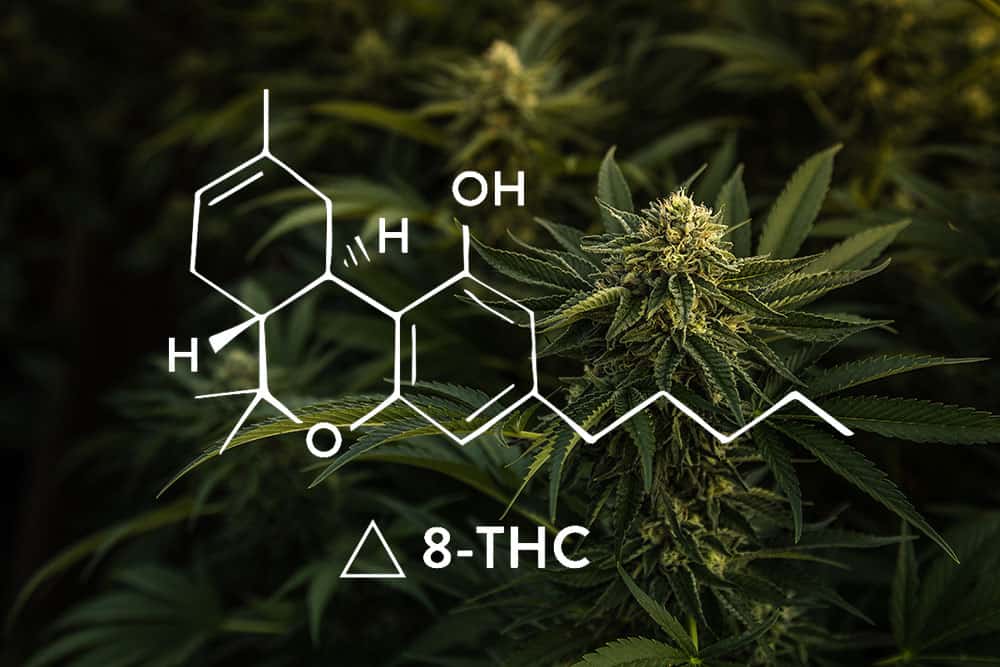#1. What Does Reckless Behavior Mean?
Reckless behavior occurs when you engage in a particular action without regarding severe potential consequences.
Teens and young adults are likely to engage in reckless behaviors. The human brain is not fully developed until your mid-20s. The decision-making part of your brain, called the prefrontal cortex, is one of the last parts of your brain to develop.
Reckless behaviors are usually things that feel good in the moment yet can be dangerous to yourself or others. You might risk long-term consequences, which can include legal issues, bodily harm, unwanted pregnancy, STDs, or developing a substance use disorder.
Some examples of reckless behavior include:
- Unprotected sex and promiscuity
- Reckless driving
- Tobacco, alcohol, or substance abuse
- Disregarding public safety, like ignoring pandemic protocols
- Running away from home
- Self-harming behaviors, like cutting or burning
- “Sexting,” posting inappropriate videos online, or other risky acts on social media
- Getting into trouble (vandalism, talking back, starting fights, other forms of delinquency)
Not all risk-taking behaviors are reckless. Taking risks is a part of life and can even be healthy. For example, you might take a risk by moving to a new town for a job opportunity or risk rejection when asking someone out on a date.
Risks like these are often thought out and calculated. You can weigh the pros and cons of moving out of your hometown for a new job or attending college. While you are taking a risk, you are able to execute some decision-making skills before moving forward.
Risks are considered reckless when the potential consequences are severe, deadly, or dangerous.
When the potential benefit of the behavior is greatly outweighed by negative consequences, a behavior might be reckless. Teens do not have the ability to make long-term decisions and need guidance to prevent them from being reckless.
#2. What Causes Reckless Behavior In Teens?
Reckless behavior might be caused by the following:
- Peer pressure
- Desire to test limits
- Difficulty with emotional regulation and impulse control
- Underlying mental health issues, like teen depression and anxiety
- Alcohol or substance abuse
These factors can occur together or lead to other issues that compound reckless behaviors. For example, your child might be pressured to drink, which can lead to driving under the influence.
Peer pressure is a common influence of reckless behaviors during the teenage years.
Teens want to fit in with their peers. All people have the need to belong, and teens are susceptible to taking risks to “fit in.” They might feel that they have limited options or do not want to feel that they are left out or missing out.
Teens might not have the skills to say “no” to others. They might be bullied into doing things they don’t want to do. Additionally, they don’t have the life experience to understand that they have other options for healthy friendships.
The desire to test limits is part of your teen’s development into an independent young adult.
Testing limits is a natural part of growing up. During the teenage years, young people attempt to push boundaries and test limits. They have a need for autonomy as they transition from childhood to adulthood.
During this time, your teen might rebel as they want to form their own identity. They might feel too restricted by the rules and expectations they followed during childhood. As teens grow up, they begin experimenting and testing limits in the real world.
Emotional regulation and impulse control are not well developed in the adolescent brain.
Teens also start getting hormones during puberty. These hormones can influence teens to engage in sensation-seeking behaviors. Without impulse control and emotional regulation, teens struggle to make healthy choices when faced with “what feels good.”
Teens can learn to self-regulate their emotions; however, they need guidance as the adolescent brain cannot guide them alone. The parts of their brain responsible for higher-order thinking and planning will not be fully developed until they are young adults.
Underlying mental health issues can also cause reckless behavior in your teen.
Mental health disorders associated with trauma are likely to cause reckless behavior. Some of these disorders include post-traumatic stress disorder (PTSD) and borderline personality disorder.
These mental health issues can make impulse control and emotional regulation much more difficult for your teen. Trauma changes the way the brain develops and can continue to influence a teen’s brain development into adulthood.
In addition, depression and suicidal thoughts can cause a teen to engage in reckless behaviors. They might be self-destructive and apathetic about whether they live or die.
Alcohol and substance abuse can also lower your teen’s inhibitions, leading to other risky behaviors.
While under the influence of drugs or alcohol, teenagers might take risks that they might otherwise walk away from. Sometimes, this could lead to things like drunk driving, unsafe sexual activity, or even increased alcohol or drug use.

#3. How Do I Know If My Teen Is Exhibiting Normal Risky Behavior Or Signs Of A Mental Illness?
While some risky behaviors can be a normal part of growing up, reckless behaviors can also be a sign of an underlying mental illness.
Often, the difference between normal risk-taking and a mental illness has to do with the intensity of the behaviors. When teens are getting “blackout” drunk daily or running away frequently, there might be an underlying issue driving these behaviors.
If you are concerned about your teen’s behavior, it is best to reach out for help and professional guidance to be sure that your child is healthy.
Sometimes, you might be unsure of what to think about your teen’s behavior. If your teenager is acting out in a way that makes you worry about their mental health, speaking with a professional can help you know what steps to take next.
When your child has a mental health issue at the root of reckless behaviors, you will also see other signs of mental illness. Looking at the bigger picture of your child’s overall moods and behaviors can help you understand what is really going on.
According to MentalHealth.gov, the following are signs of mental illness in teens and young adults:
- Unable to eat or sleep
- Frequent absence or tardiness from school
- Withdrawing from friends and family
- No longer doing things that make you happy
- Frequent arguments with friends and family
- Feel like you can’t control emotions
- Tired and a lack of energy during most of the day
- Feeling hopeless, numb, or apathetic (like nothing matters)
- Ruminating or obsessive thinking
- Difficulty concentrating or focusing
- Feeling confused, on-edge, irritable, guilty, or excessively worried
- Thoughts of harming yourself or others
- Aches and pains with no physical cause
- Hearing voices
- Poor hygiene
- Self-medicating with alcohol or drug use
When you see reckless behavior along with these signs, your teen might have an underlying mental health concern. The stigma of mental illness can also cause your teen to have low self-esteem. They might struggle to say no to peers when pressured to take risks.
Some mental health issues related to reckless behaviors include:
- Social anxiety disorder
- Teens might use drugs or alcohol to deal with social situations.
- Drugs and alcohol can lead to other risky behaviors.
- Depression
- When kids are depressed, they might feel like nothing matters.
- Teens might overdose on substances or drive recklessly when they feel like their lives don’t matter.
- Trauma
- Traumatic experiences affect the way a person’s brain functions.
- They might feel on-edge or overly alert to potential threats that remind them of their trauma.
- Teens might take risks as a result of being unable to regulate their overly active emotions.
- Attention-deficit/hyperactivity disorder (ADHD)
- Teens with ADHD might struggle with impulse control.
- They might engage in risky behaviors because they cannot seem to stop themselves from action in the moment.
- Borderline personality disorder (BPD)
- BPD is defined by difficulty with emotional regulation, “all or nothing” thinking, and problematic relationships.
- Teens with BPD might appear self-destructive, engaging in risky sexual activity, self-injury, or lashing out on friends and loved ones.
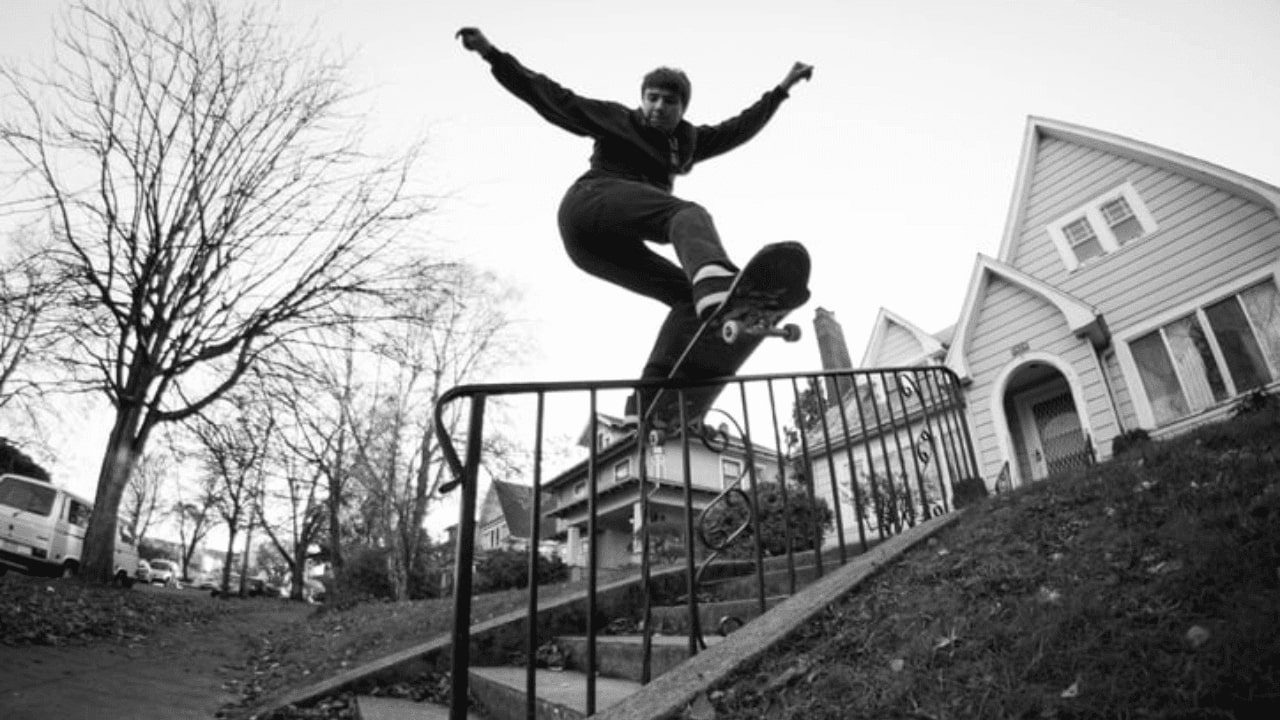
#4. How Do You Deal With An Aggressive Teenager?
You can deal with an aggressive teenager by using calming techniques, setting limits, being a role model, and getting help when needed.
Aggressive behaviors can escalate to violence. You can attempt to defuse the situation; however, you need to make it clear that violence is never acceptable.
Aggression in teens can look like some of the following:
- Yelling, cursing, name-calling, threats, or other forms of verbal aggression. Verbal aggression is often meant to cause a reaction by getting other people angry or making others feel threatened.
- Slamming doors, hitting walls or furniture, or stomping feet. Your teen might be sending the message that they are mad or that they want you to back off.
- Breaking objects or property destruction. They might break something of yours or a sibling’s to escalate the aggression.
- Self-harming behaviors. Your teen might begin acting aggressively towards themselves by headbanging, cutting, scratching, burning, or other self-injurious behaviors. Self-harm might be a sign of borderline personality disorder.
- Violence towards others. Violence is an act of aggression meant to inflict physical harm. Violent behaviors can be throwing things at another, spitting on others, or hitting other people.
Aggression means that something is wrong and your teen needs help. These behaviors might cause you to have a “knee-jerk” reaction, like yelling or getting into a power struggle. Try to consider the situation from your teen’s perspective and understand their anger.
Here are a few things that you should never do when a teen is aggressive:
- Do NOT try to match or “top” their aggression by yelling louder, making threats, or other attempts to dominate them.
- Do NOT stare them directly in the eyes. Again, this is an attempt to dominate by “staring them down,” which can cause further escalation.
You might feel yourself attempt to assert your own authority when your child is aggressive. When you try to regain your parental authority, you can end up in a power struggle with your teen, leading to increased aggression.
You can progress through some of the following to deal with an aggressive teen:
- Display a calm and peaceful presence. Make sure that you are taking deep breaths and keeping yourself from getting angry.
- Show a willingness to listen to them. Your teen is clearly struggling with something. Display open body language and be willing to hear them out once they are calm.
- “We can talk about this when you are calm.” Problem-solving while your teen is aggressive will not work. You need first to de-escalate the situation and then come up with solutions when everyone is calm.
- Get some distance if you can do so safely. You both might need a break from one another to calm down. Sometimes, giving your teen some space can help them self-regulate if your presence triggers their aggression in this moment.
- “Tap out” with another responsible adult. Your teen’s behavior might be causing you to feel angry. If you can, take a break and ask your parenting partner or other adults to step in for a few minutes.
- Call 911 if your teen acts violently towards themselves or others. If your teen inflicts severely bodily harm on themselves, threatens suicide, or gets violent with others, call the police or a mental health crisis unit for help.
While calling the police on your teen might be difficult, consider the consequences if you don’t de-escalate the situation. They might cause permanent damage to themselves or another and face more significant consequences if this behavior gets out of control.
If your teen struggles with anger management, try some of the following proactive techniques:
- Teach calming techniques when everything is going well. Telling someone to “calm down” will not work unless they know how to calm down. Teach your teen mind/body strategies like counting to ten and taking deep breaths when things are calm in your home.
- Talk to your child’s school about your teen’s anger. Speak with your school about your child’s anger and partner with them to set boundaries that your teen can follow at school and home.
- Speak to a mental health professional. Aggression is your teen’s way of saying that something is going wrong and they need help. Typically, any form of reckless behavior means that your teen is struggling with something.
#5. How Can I Prevent Reckless Behaviors In My Teen?
You can help prevent your teen from engaging in reckless behaviors before they put themselves at risk.
You might not notice that something is going wrong with your teen until they engage in reckless behaviors. In some cases, these behaviors can be caused by mental health or substance abuse issues that require your attention to stop from worsening.
You can also attempt to prevent reckless behaviors from occurring by understanding that these behaviors are your teen’s way of communicating their needs.
Your teen might be trying to establish autonomy or fit in with others. They might be excited to take risks that they believe will make them stand out or prove themselves to others.
Often, taking risks is a part of growing up. You take risks when standing up for yourself, going on dates, or putting yourself out there. To prevent reckless behaviors, you can teach your child healthy ways of getting their needs met and taking calculated risks.
According to the National Institutes of Health (NIH), “Teens with parents who are more involved in their lives have less alcohol and drug use and safer sexual behaviors.”
The values, expectations, and support that you provide to your kids can influence them through adulthood. As a parent, you will have an impact on your child’s life. You can get involved in your kid’s life to have a positive impact and decrease reckless behaviors.
Try some of the following to prevent reckless behaviors from occurring:
- Get your child involved in a hobby or other activity where they can make connections with other like-minded individuals.
- Create a structure and routine at home, so your teen knows what to expect and what is expected of them.
- Spend time with your teen talking and building a relationship so you know what is going on in their lives.
- Be a role model for healthy behaviors, self-care, and ways to manage stress.
- Talk to your teen about safe sex, alcohol and drug use, and other issues so that you know they are well-informed to make the best decisions for themselves.
- Teach your child what values to look for in a friend and know who your teen’s friends are. You can connect with your child’s parents to understand the values your child’s friends might have adopted from their parents.
Sometimes, your child might engage in reckless behaviors due to issues beyond your control. When things feel overwhelming or out of hand, you can reach out for guidance and support from professionals to get your child back on the right track.
Reckless behavior among teens might be due to an underlying mental health or substance use disorder. Sandstone Care is here to support teens and young adults with substance use and mental health disorders. Call (888) 850-1890.


